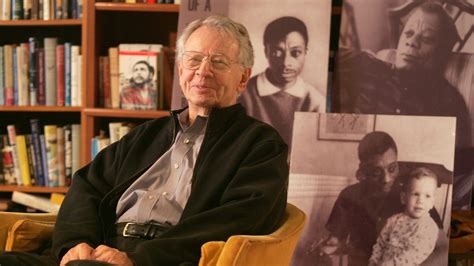A Quote by Hilma Wolitzer
Writing fiction is a solitary occupation but not really a lonely one. The writer's head is mobbed with characters, images and language.
Quote Topics
Related Quotes
Writing fiction is a solitary occupation but not really a lonely one. The writer's head is mobbed with characters, images and language, making the creative process something like eavesdropping at a party for which you've had the fun of drawing up the guest list. Loneliness usually doesn't set in until the work is finished, and all the partygoers and their imagined universe have disappeared.
I see manuscripts and books that are spoiled for the literary reader because they are one long stream of top-of-the-head writing, a writer telling a story without concern for precision or freshness in the use of language. Some of this storytelling reads as if it were spoken rather than written, stuffed with tired images that pop into the writer's head because they are so familiar. The top of the head is fit for growing hair, but not for generating fine prose.
That is as true for fiction or non-fiction. The writer has to really know their subject. It is really important to remember that the readers are a lot smarter than the writer. Also, good writing has to do with rewriting. You will never get it right the first time. So you rewrite and rewrite again until you get it right. Until you, and the reader, will be able to visualize what you're writing about.
In a sense, journalism can be both helpful and detrimental to a writer of fiction because the kind of writing you need to do as a journalist is so different. It has to be clear, unambiguous, concise, and as a writer often you are trying to do things that are more ambiguous. I find that writing fiction is often an antidote to reading and writing too much journalism.





































